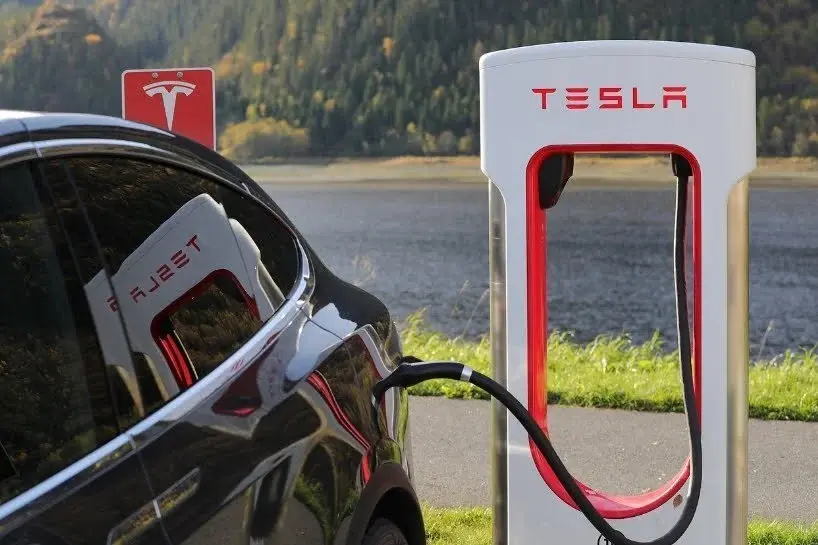Breakthrough Achieved by Researchers in Solid-State Battery Innovation
Groundbreaking Discoveries from Harvard University
A significant advancement in solid-state battery technology has been achieved by Harvard University researchers, as outlined in the latest publication in Nature Materials. The team’s creation of a solid-state battery capable of recharging completely within a mere 10-minute timeframe marks a substantial leap forward.
Notable Characteristics and Advantages
- Makes use of lithium metal
- Demonstrates an anticipated charging lifespan of 6,000 cycles
- Represents a promising solution for the electric vehicle (EV) sector
- The high capacity permits extended driving ranges
Tackling the Dendrite Predicament
One of the primary obstacles in solid-state battery progress pertains to the formation of dendrites on the anode. The innovative approach by the Harvard researchers involves a multilayer battery design that strategically positions various materials between the anode and cathode, effectively minimizing dendrite formation.
Integration of Micron-Sized Silicon Particles as a Solution
The pivotal advancement revolves around the incorporation of micron-sized silicon particles within the anode structure. This strategic deployment impedes dendrite proliferation while facilitating the envelopment of lithium metal around the silicon particles. Consequently, this technique enables swift plating and stripping processes, culminating in a complete recharge in approximately 10 minutes.
Evaluation of Performance and Commercial Potential
Upon undergoing 6,000 cycles, the developed battery cell managed to uphold 80% of its original capacity. The proprietary technology has been licensed to Adden Energy, a spinoff of Harvard’s research initiatives, which intends to expand the technology for integration into larger-scale smartphone batteries.
Hurdles and Prospective Implementations
While challenges loom over the mass production of solid-state batteries, this research marks a crucial milestone towards the realization of functional solid-state batteries with diverse industry applications.
Wrapping Up
The breakthrough achieved by the Harvard research team holds immense promise for the accelerated charging of batteries in the EV domain and beyond. By capitalizing on micron-sized silicon particles, the issue of dendrite formation has been effectively resolved, bringing the practical application of solid-state batteries within closer reach.


Leave a Reply